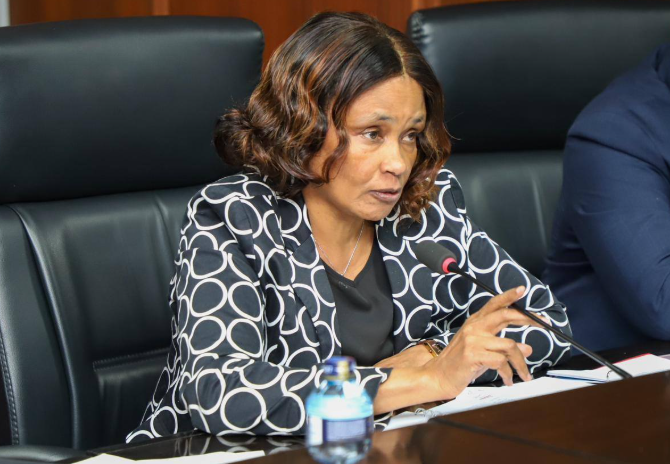Sickness or absence from duty due to an accident, a natural calamity like flooded paths and even tides could distract the normal flow of lessons in our classrooms.
These are common challenges in most offices, and the affected can do little or nothing to find an immediate solution.
Every institution should prioritise compensating learners. Teachers are entitled to seven types of leave: compassionate, special, paternity, study, and sick.
Should we wait until an institution is challenged before we have a special sitting to deliberate on who should handle particular lessons, or should there be a well-known plan?
This can be achieved through having a work coverage plan, especially when a teacher falls sick or when prevailing circumstances challenge the teacher’s normal work schedule.
It’s crucial to maintain teaching continuity, minimise disruption to learners, and protect the teacher’s well-being.
A sound and well-crafted plan would ensure that learners receive sufficient tutorials as teachers focus on their challenges without stress and anxiety.
This will help to breed fairness and equity. Learners with special needs will also receive their perfect share of instructions and assignments from a well-planned and consistent learning environment.
Every school has to tailor and customise its own style of handling lessons for a teacher who may have fallen sick for a day or two.
All staff wonder why most teachers carry their medication to workplaces to ensure they do their work as expected and treat their bodies.
Teachers’ failure to attend to lessons has sometimes elicited learners’ wrath, which has further provoked learners to go on strike because of something that could easily be resolved.
READ ALSO:
Schools that meet set targets will receive CDF top-up for buses, says Makueni MP
Each school should employ qualified staff with a clear short—or long-term policy for responding to such emergencies.
Heads of institutions and other administrators should be at the forefront of covering these lessons because, apart from having fewer lessons than other teachers, they are also believed to have clear knowledge and understanding of the entire subject matter in all the classes, and that’s why they are referred to as administrators.
The teacher who may be absent has to prepare prior lesson plans and the desired stipulated activities, which are supposed to be handled more straightforwardly by any other teacher.
It’s the duty of the concerned teacher to communicate in good time about any challenges that may have arisen so that appropriate coverage can be put in place.
The heads of department must take up the challenge and have a fair and equitable share of the lessons of the sick teacher.
Teaching can still occur in the digital space under the guidance of the teacher in charge or the head of the department. This would elicit a lot of curiosity and interest among the learners.
Alternative teachers can also play an essential role in the lessons by engaging learners through positive reinforcement, especially for learners exhibiting a lot of cooperation.
Assistant teachers are also encouraged to prepare tasks for the learners and set a timeline. Learners are then asked to work independently or in set groups to achieve specific objectives.
The programme demands that learners are given very clear instructions and guidelines of what is expected of them before they embark on the desired assignments.
Teachers must be flexible and adjust their approaches based on the length of the learners’ absences, the subject matter, and the individual needs of the learners.






